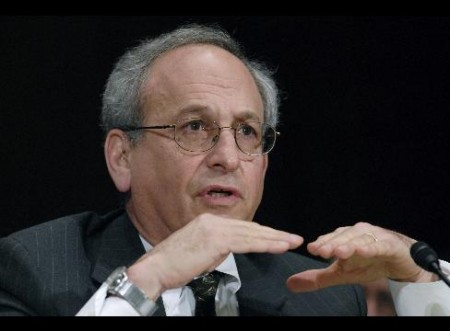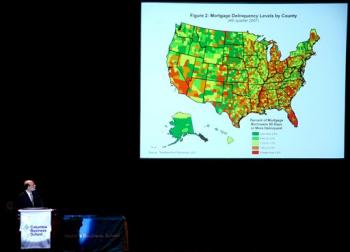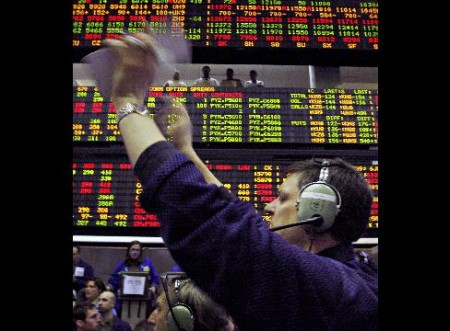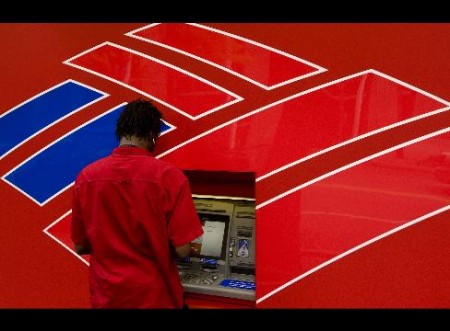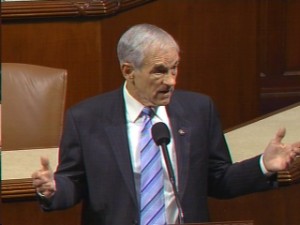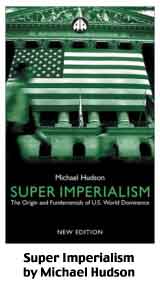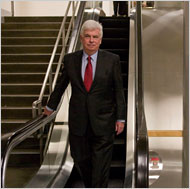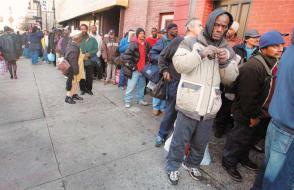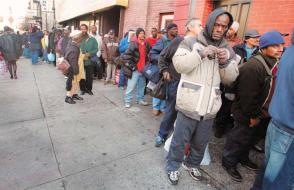Oil prices leaped to record highs yesterday as Israel warned about Iranian nuclear sites and the dollar slumped on the biggest jump in American unemployment for 22 years.
The global crude price ended a run of lower prices earlier this week as it jumped by more than $9 a barrel to $136.79 (£69.44) – it has risen by over $14, or 10%, in just two days. The week before last saw an all-time high of $135.09 a barrel but, by Wednesday this week, prices had receded to as low as $122.
Already jittery oil markets were sent into spasms by remarks from Israel’s transport minister that an attack on Iranian nuclear sites looked “unavoidable”. Iran is a big Opec oil producer and any attack on the country would threaten oil supplies from the whole region.
Prices were also boosted by a prediction from investment bank Morgan Stanley that crude prices might reach $150 by July 4.
Earlier in the day the dollar – in which oil is priced – had fallen against the euro partly on speculation that the European Central Bank might consider raising interest rates to curb inflation.
But subsequently markets were rocked by a monthly report from the US showing that unemployment suffered its biggest monthly rise since February 1986.
Shares on Wall Street dived after the US unemployment rate unexpectedly??? jumped to 5.5%, intensifying fears that the world’s biggest economy is sliding into recession.
The Dow Jones industrial average lost nearly 300 points, or 2.2%, to around 12,320. In London the FTSE 100 closed the week down 1.5%, or 88 points, at 5,906.
Read moreOil hits new high as Israel calls strike on Iran ‘unavoidable’

